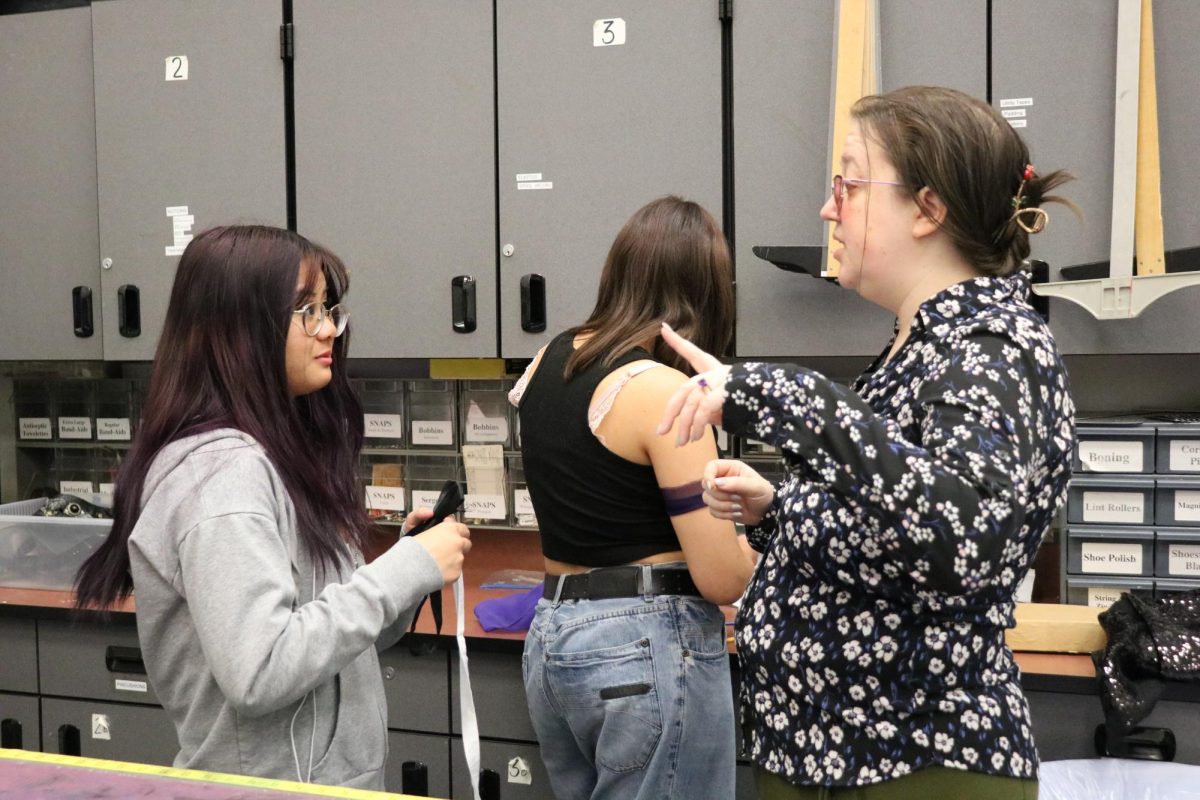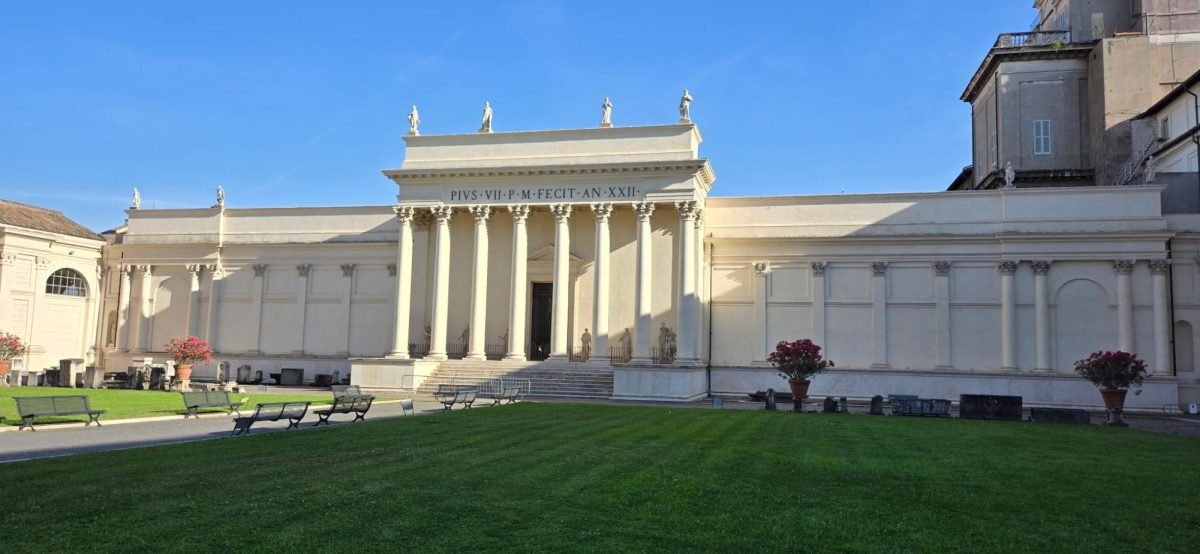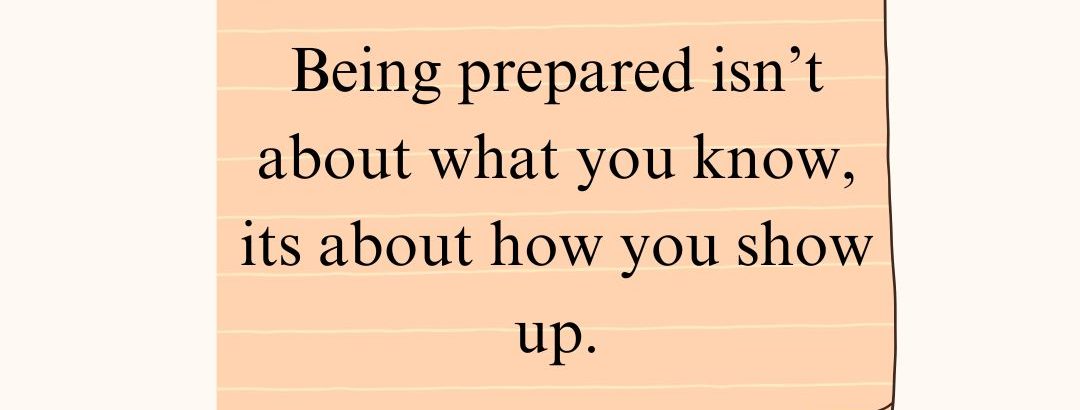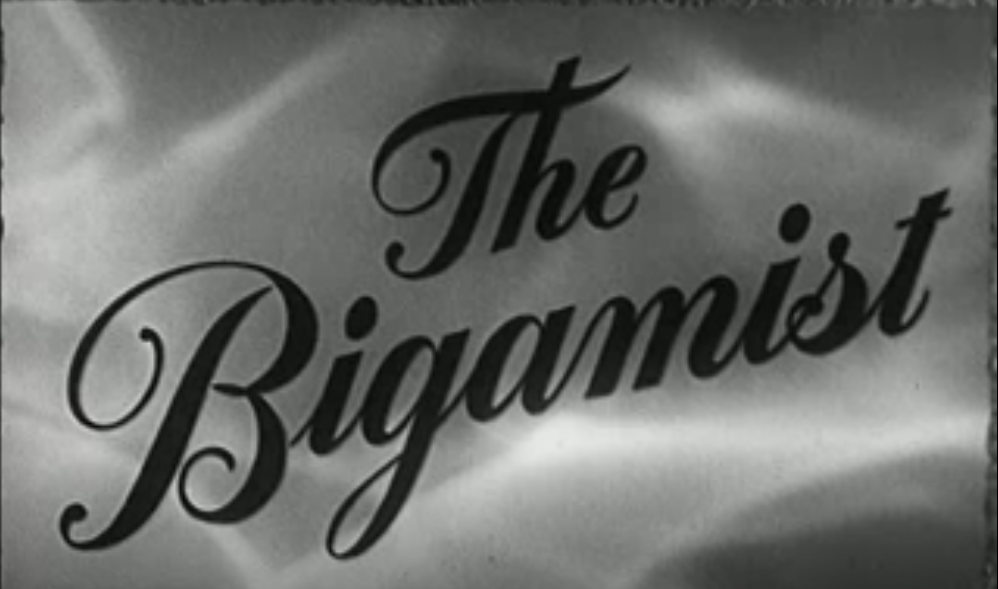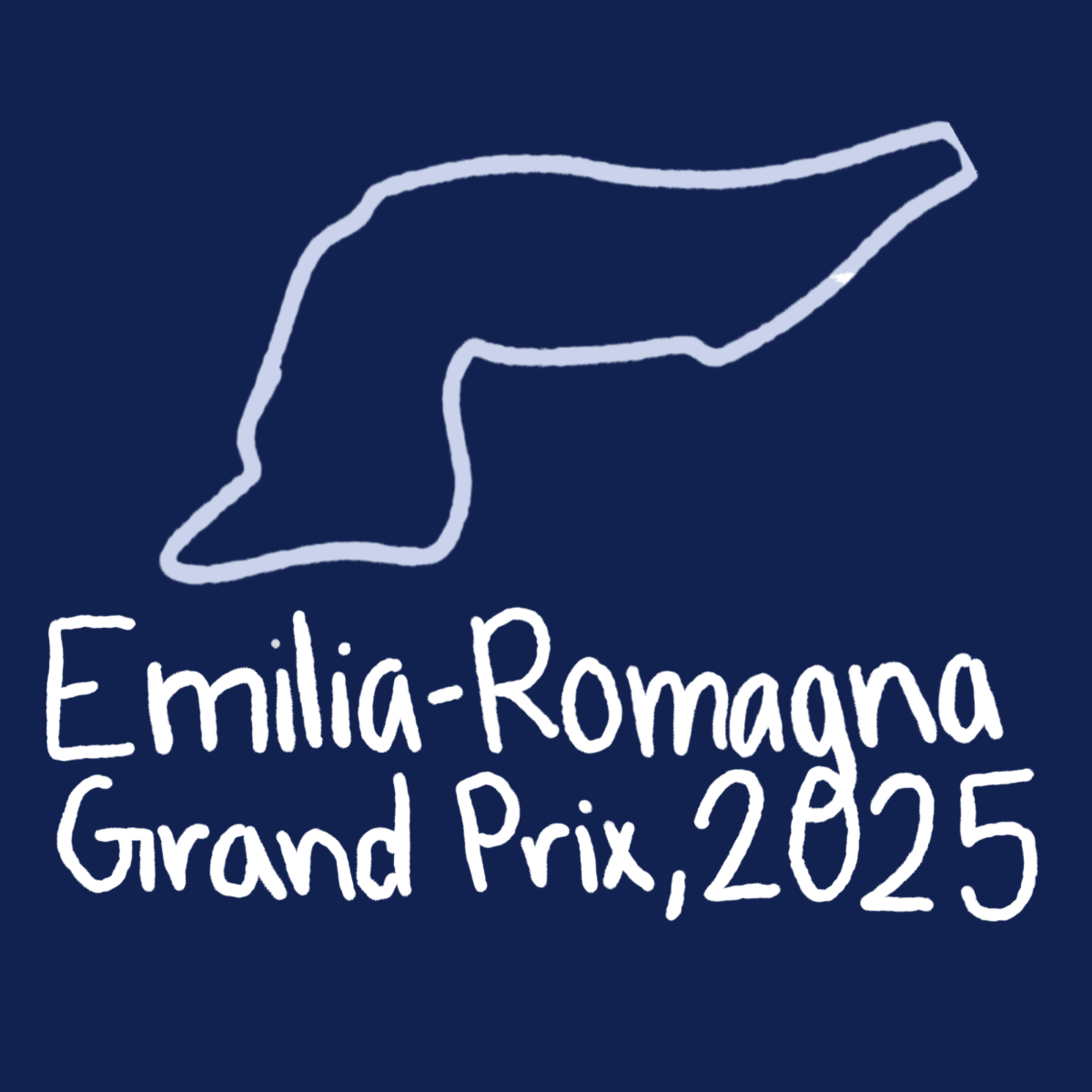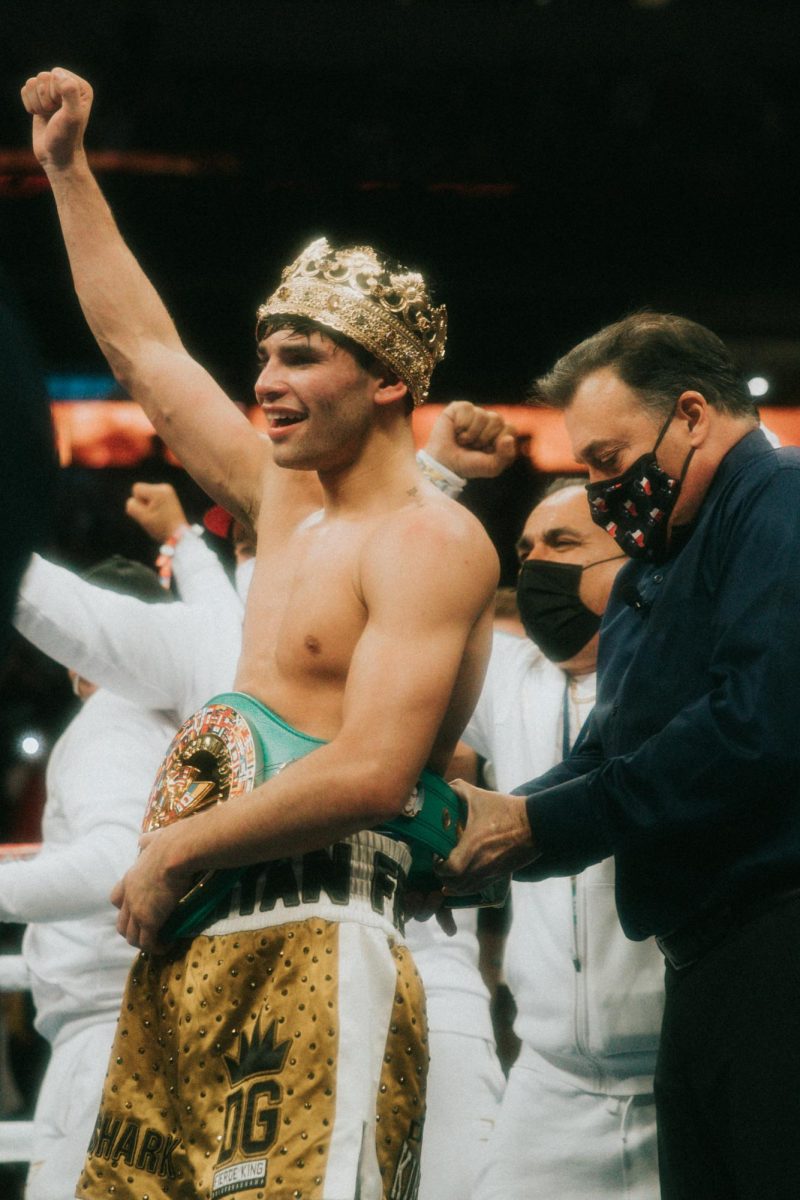Why the Reboot Planet of the Apes is the Best Trilogy of All Time
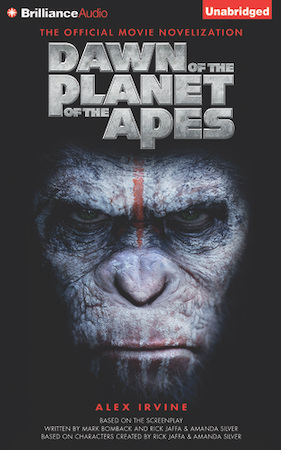
February 22, 2022
The Planet of Apes Saga is renowned as classic science fiction. Based on the famous novel La Planète des singes, it recounts three astronauts discovering a world ruled by apes and humans reduced to savages. It was director Franklin J. Schaffner who launched the first Planet of the Apes film in 1968. The film was successful with fantastic costume effects and its famous twist ending. However, with the film’s many sequels and Tim Burton’s reimagining of the classic story, audiences were convinced that the Planet of the Apes was nothing but monkey costumes and cheesy storytelling. With little success in recent years, FOX decided to breathe new life into the franchise with Rise of the Planet of the Apes (2011). Once released, the film was praised by both critics and audiences for its motion capture and execution. The film’s box office and critical success sparked two more movies. These three movies created the most remarkable cinematic trilogy of all time!
Rise of the Planet of the Apes (2011)
The first movie begins with a brain advancement drug that enhances the intelligence of an ape named Caesar. After spending time in an abusive animal shelter for apes, Caesar decides to rise against humanity and free all apes. Changes in the plot include a stronger focus on science fiction and how the apes overthrew humanity. The film is also the first in the franchise to use motion capture instead of practical effects. This allows Ceasar’s actor, Andy Serkis, to give a remarkable performance as an imprisoned ape. The studio replaced director Rupert Wyatt with Matt Reaves for the later films. Even though this movie is an excellent first to kick off the series, it is clear that the direction wasn’t the strongest, unlike the films to follow. This explains the sudden change in cinematography and tone that the first film had. Not to say Wyatt’s directing was terrible, but it wasn’t the heart of the film; the heart was the writing. In addition, Wyatt’s style of filmmaking seemed to resemble other movies at the time. This is most evident in the lighting, CGI, and casting. Nonetheless, this film was terrific from start to finish. The performances were on point, the pacing was excellent, and it did a great job of establishing Caesar’s character and allies for the rest of the series.
Dawn of the Planet of the Apes (2014)
Set 10 years in the future, a side effect of the drug that heightens the apes’ intelligence called the “simian flu” has killed off most of humanity. After years of building a home for apes, Caesar must keep the peace between apes and the nearby humans. With a new director on the project, the film started a unique style to follow the next movie. The director makes excellent use of close-ups and perspective shots that make the apes feel more human. Caesar is much older and struggles with his love for both apes and humans in the story. It’s not just Caesar who grows, but all the supporting ape characters develop, especially the villain. In addition, the human survivors are well developed and don’t reflect the hot Hollywood-style casting of the first movie. Although Rise was significant at setting up the science fiction elements of the story, this movie is definitely more character-focused. This film excels over the first in having a grittier tone, realistic effects, and engaging themes about humanity.
War for the Planet of the Apes (2017)
The film sees Matt Reaves return to the director’s chair for the trilogy’s final installment. The movie stars Ceasar going on a quest to avenge his family. Caesar must find a way to free his kind and himself from a labor camp while also getting revenge against a gruesome colonel, played by Woody Harrelson. Harrelson was an odd choice, but his and Andy Serkis’s chemistry is unbelievable. It’s incredible how Andy Serkis and Woody Harrelson bring such raw emotion to their final encounter without saying a word. The cinematography for this movie is impressive, with beautiful expansive landscapes and perspective shots. The film brings Caesar’s story to a close, wonderfully tying his character development back to Rise and Dawn. Overall, a beautiful movie to end the series.
All in all, this new trilogy brings tension and beauty to a mocked franchise. Caesar stands as the most remarkable character ever written. Everything about this trilogy feels earned and awards the viewer for following Caesar’s journey. It would be a tragedy if these brilliant movies went on without any recognition.



